February 2021

February 2021
Ever heard of Baek Jong-won, Korea’s Gordon Ramsay or rather, chef-turned-businessman-turned-TV (and YouTube) personality? If you have even a slight interest in Korean franchises, you very well would have — or are about to be hooked in on this one. Meet entrepreneur Kang Ji-young, founder of startup Robo Arte who fittingly, aspires to be a blend of Baek Jong-won and Elon Musk.
![]()
Written by
Kim Jane,
features editor
Photographed by
Studio Kenn
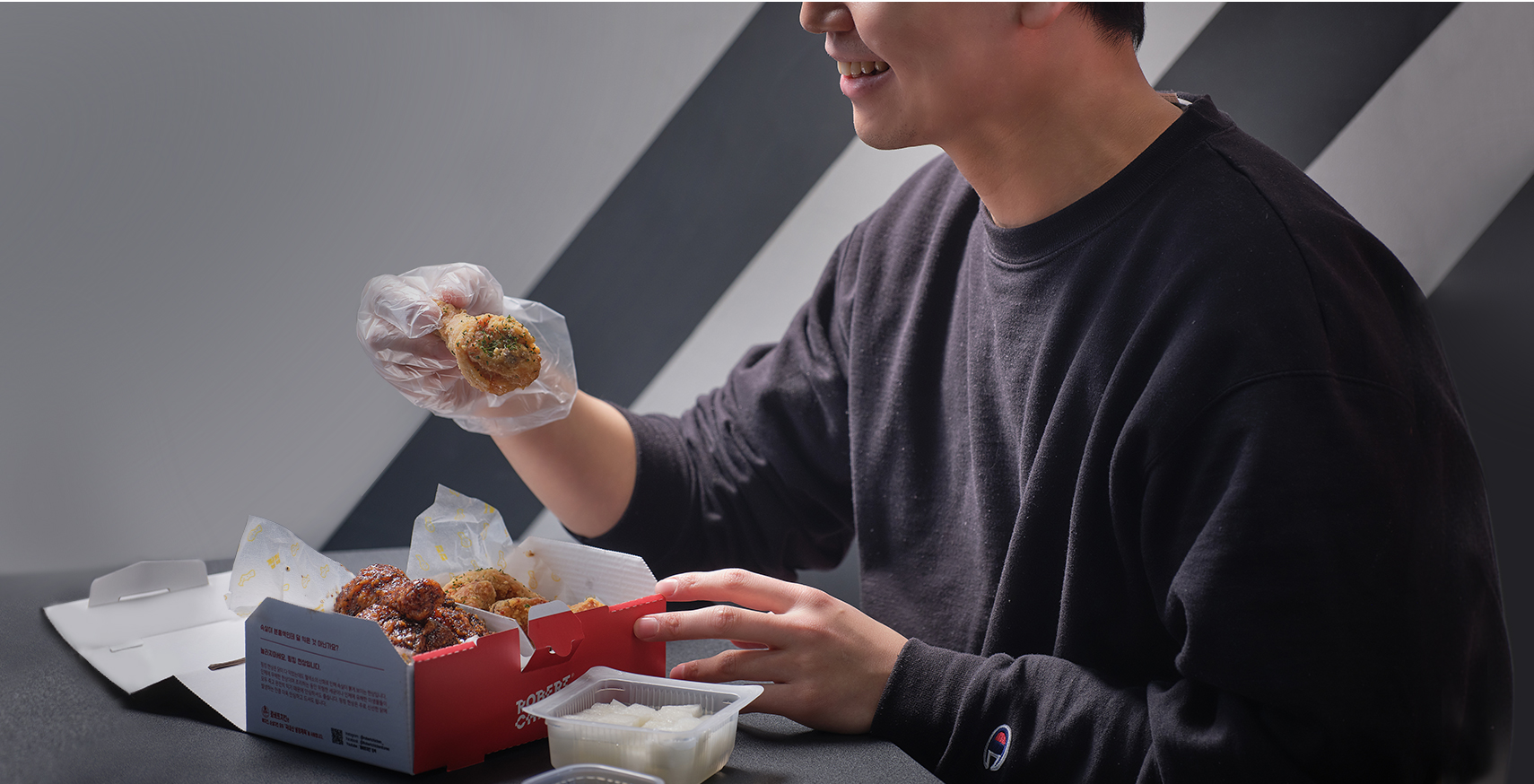
Hearing Kang claim, “Our team strives to innovate the kitchen humans occupy,” it is no wonder that her enterprise which leverages a fresh blend of technology and food, is an active pursuant of humane progress. Benevolent, or “our optimally human-oriented mission is to not only optimize the chicken production and distribution system, but to enhance the working conditions of F&B industry personnel overall. We seek to improve their labor conditions so that we are not only providers of good food, but also promoters of an all-around healthy and desirable workplace. I will persist in this honest vision of mine, of Robo Arete, to innovate the kitchen for its occupants, its people.
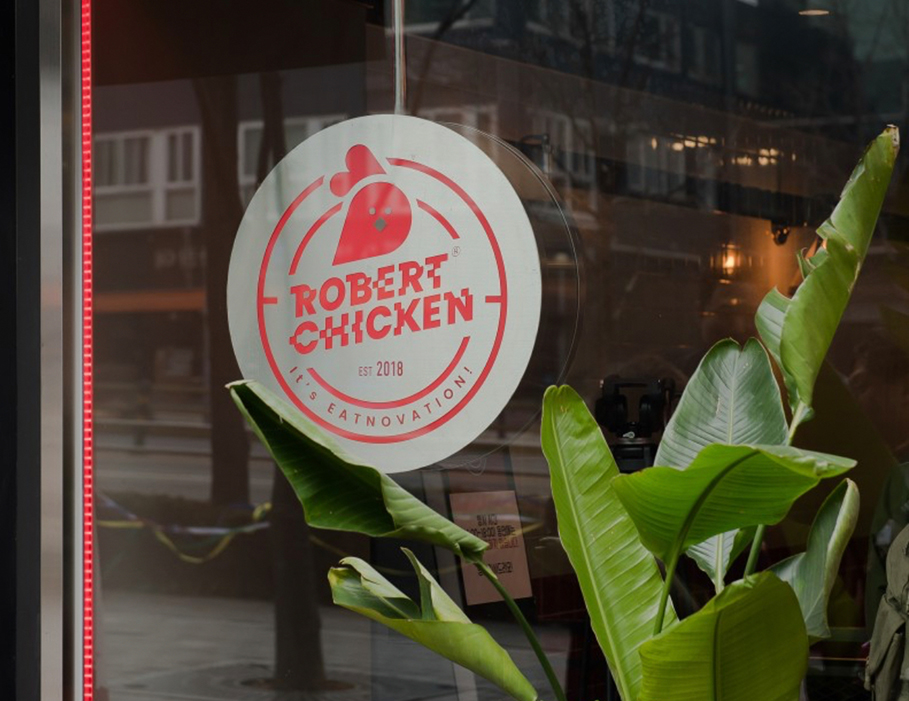
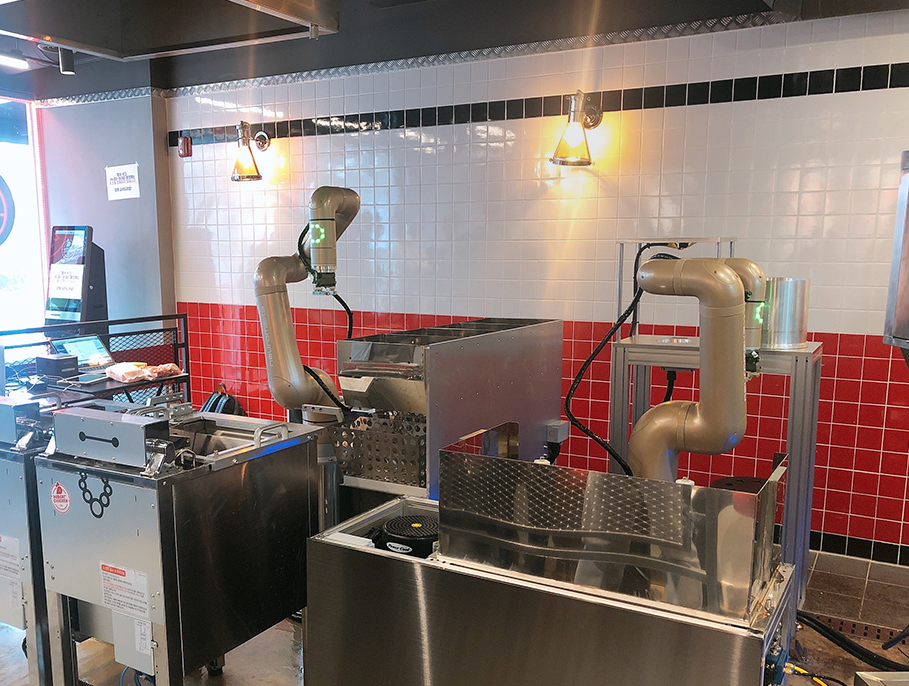
As an entrepreneur invested in the F&B industry, “I seek to retain consistency. I feel that it’s an imperative trait for people in roles like mine, that we stay stubborn in our efforts to bring the best flavor, high-grade services and overall quality. I believe that trust — the kind granted by our customers — stems from a range of all that we provide, from our brand values to price tags and logistical policies. Our customers are smart; you bet they’re quick to respond swiftly to a change of any sort.”
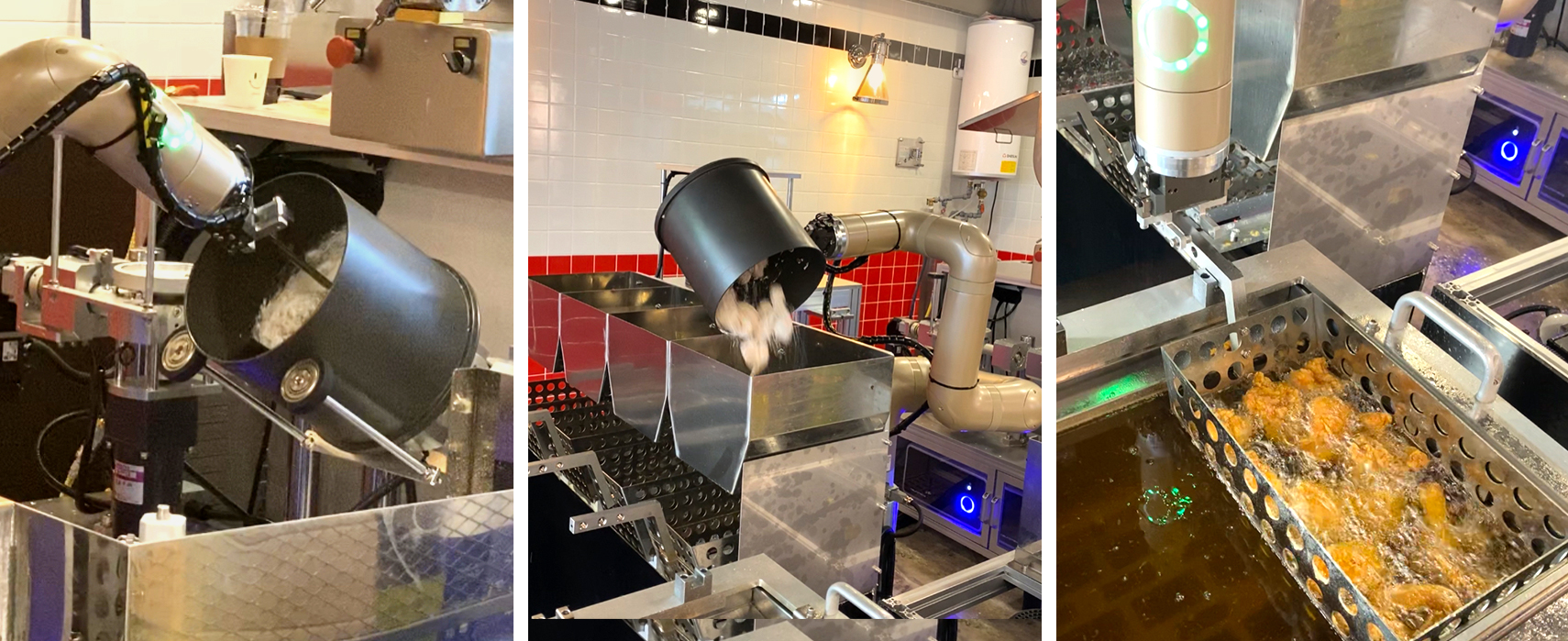
Though affirmative in her vision, she is still tentative about what awaits her. “I feel like I’m about to let go of my prodigy that I’ve been training arduously for several years. Prospects of Robert Chicken branching out as a franchise, to its second store now still feels a tad unreal. I feel like this band of mine, still a trainee, has acquired an unprecedented fandom which in turn, motivates me to make a star of this brand.” “To continue the metaphor, I’ve been releasing single albums to observe how the market responds to my work; now, it’s time I release a proper, official album. I want there to be no questions as to why Robert Chicken can’t be an established franchise. To make it happen, I simply have to carry on expanding, firmly and with speed.”
Kang's team is invested in innovating
the kitchen humans occupy.
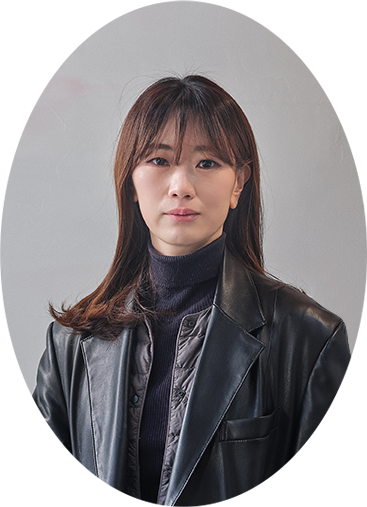
Conversation with
Kang Jiyoung
QPlease describe your enterprise, and its vision.
Robert Chicken (the brand of this company, Robo Arete) is founded towards the aim to “leave the food to (be done by) the robot and service to the human.” In addition to our focus on serving healthy food and pleasing customers, we prioritize just as much the well-being of suppliers or workers in the F&B sector. We seek to enhance their work environments. ‘Robo Arete’ is Greek for “robot” and “what is best (‘arete’).” Put together, it’s my expression of our mission to tap into optimal ways for robots and humans to collaborate, in joint effort.
QAnd your favorite food?
You mean, chicken aside? Oh, I love daechang-gui (grilled tripe). That intestinal texture — or does that sound off-putting? I enjoy that chewy texture and the appetizing smell of the fat hardening under heat, which surrounds the meaty parts. Once I bite into a piece to have these contrastive textures blend in my tongue, mmm, that’s indescribably good.
QWhat about chicken do you think appeals to Koreans so much?
I’ll share two explanations gleaned from my own observations. First, Koreans like to go all-out in seasoning. Despite the fact that fried chicken didn’t originate from Korea, I’m willing to bet anyone that no one who has tasted fried chicken served in Korea will deny that it has the world’s best. That said, Korean fried chicken never stops with ‘frying.’ Seasoning is a sheer matter of how much, not whether to, and what sort: spicy, mild, funky, you name it. When it comes to chicken brands, every will have their own signature flavor. Ours is “Peppery Pepper”; others include: BBQ’s Golden Olive Chicken, Goodne’s Gochu (spicy pepper) Basasak (or ‘flakes’), BHC’s Purinkle. Second, I there seems to be an inherent ground between the conventional way of eating chicken and that of Korean gatherings. Being both budget-friendly and a qualifiable party food at once, it naturally seeped into Koreans’ contemporary-culture habit of ordering in chicken first-off, prior to any professional and casual gathering.
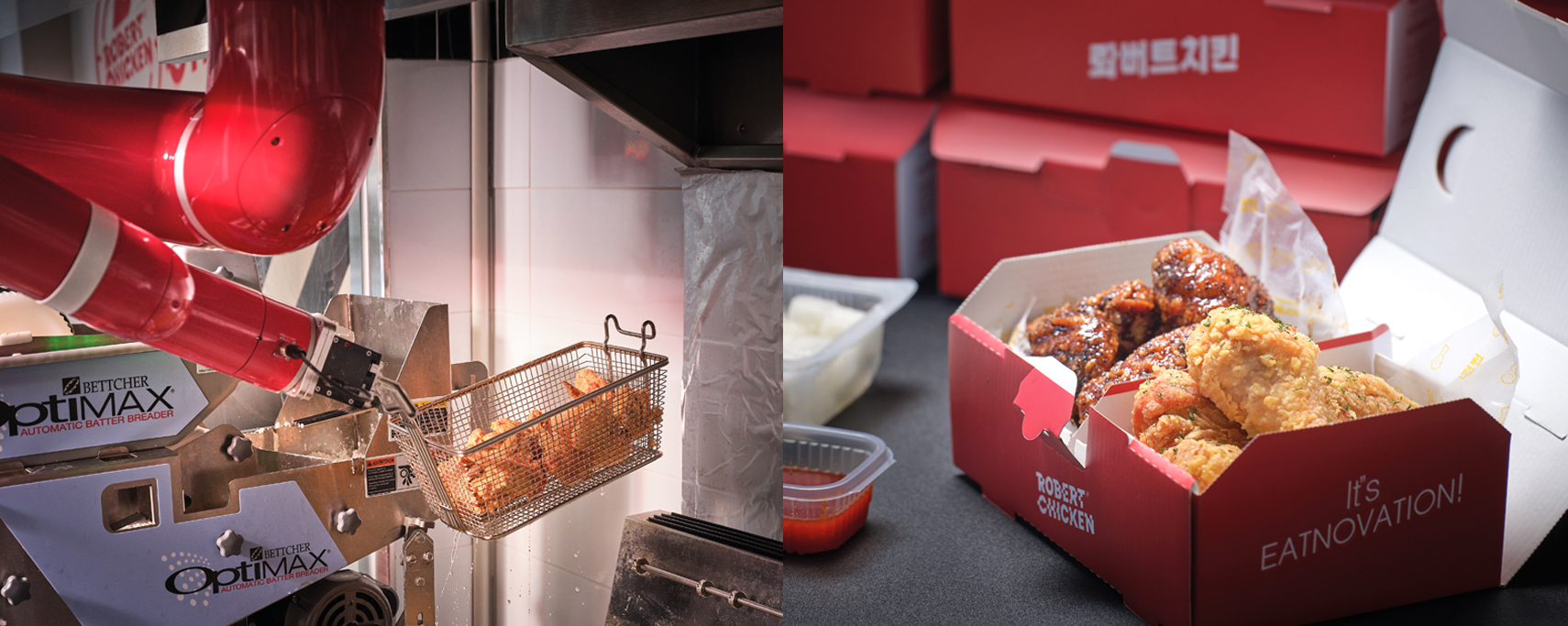
It takes only a cursory browse through YouTube to know how fast Korean food trends come and go. That said, keeping afloat any business in the food and beverage (F&B) sector is no easy feat. Read on to hear about the unwavering popularity of Jeon Sullyae's dakbal, a classic nighttime snack and soju accompaniment.
![]()
Written by
Kim Jane, features editor
Photographed by Lee Yongkook
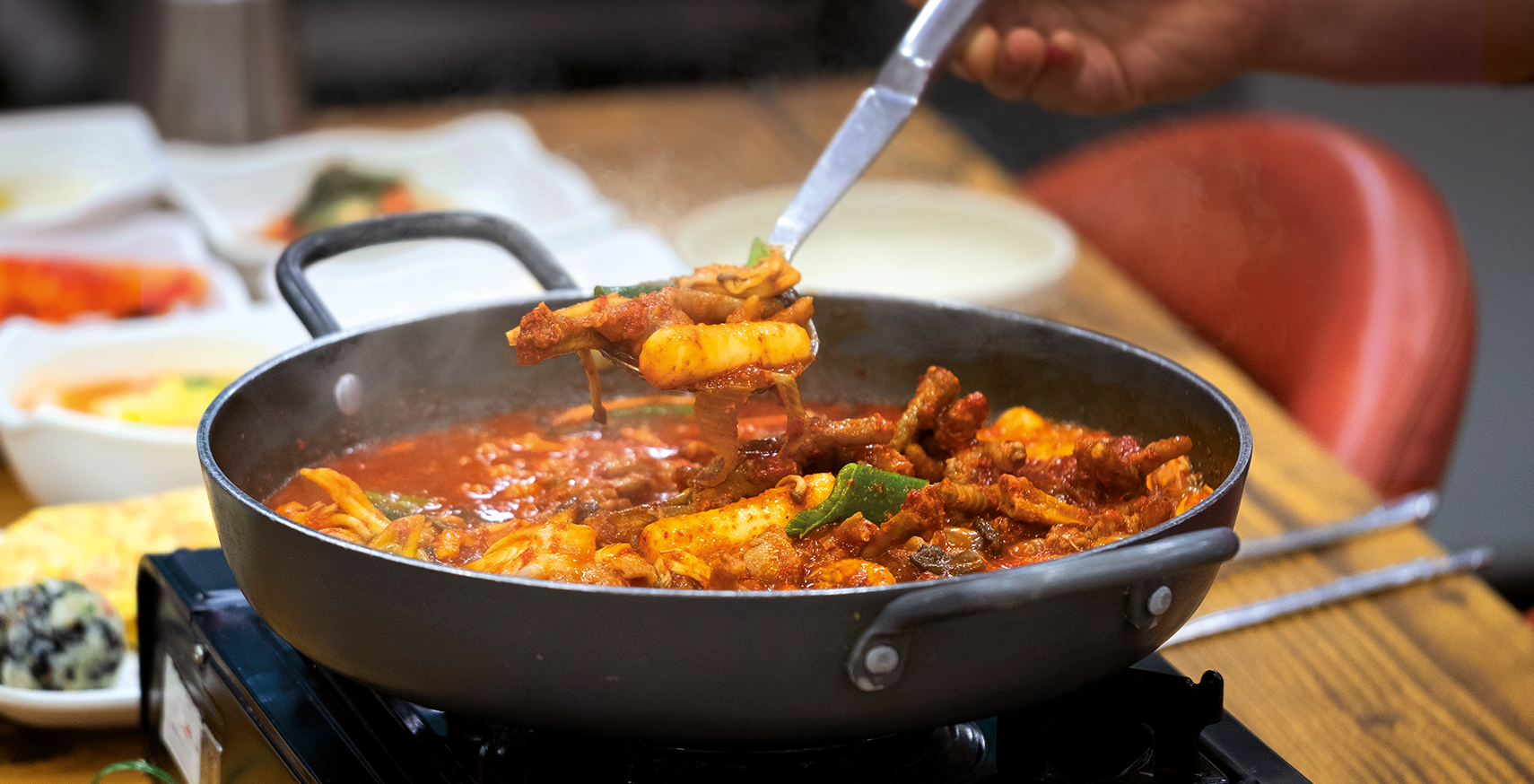
Jeon first set up shop half a century ago atop a literal pull cart. When asked to clarify what a ‘pull cart’ looks like, she describes a wheeled, wooden stall rickety in a way that is hardly surprising for those with an understanding of Korea’s poverty-ridden (modern, industrial-era) past. She explains how back in those days, these ‘rear-cars’ (as Koreans colloquially dub pull carts) or predecessors of today’s makeshift pojangmacha stalls served soju by the shot (of course, in shot glasses specifically for soju). Anyone who has been to a Korean bar will find it astonishing that soju had, once upon a time been served by any unit less than the bottle.
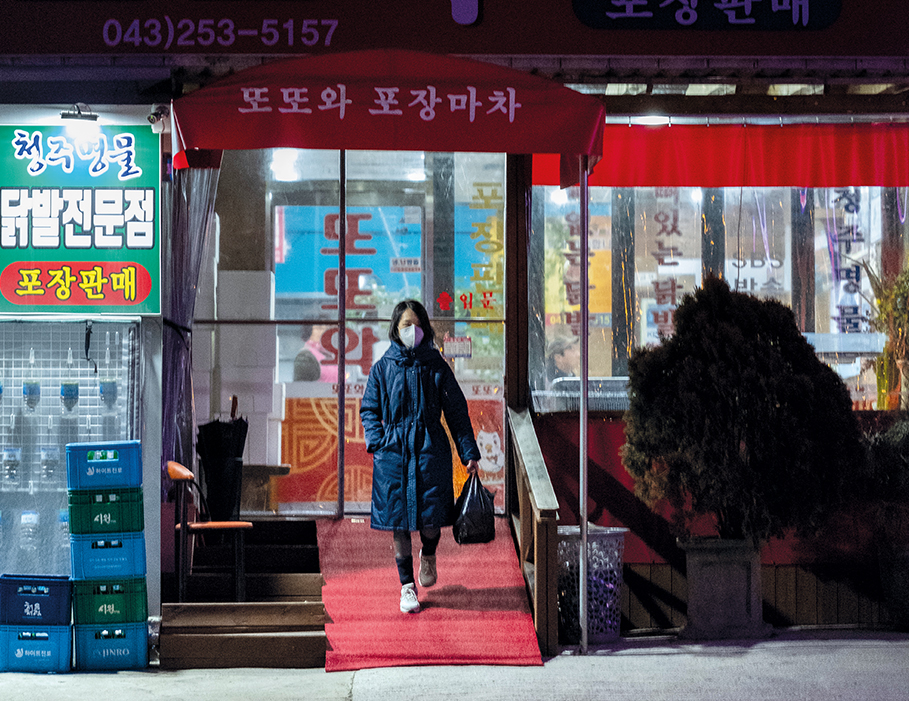 Now more than ever, locals frequent Jeon's store for nighttime takeout, packaged to go in no time.
Now more than ever, locals frequent Jeon's store for nighttime takeout, packaged to go in no time.
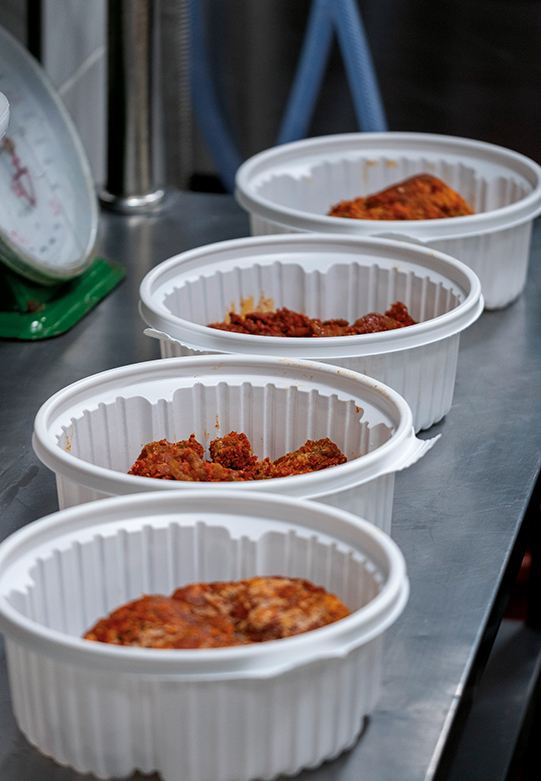 Locals no longer able to dine in as freely, or at all after 9 p.m. due to the coronavirus, still drop by for dinners to-go.
Locals no longer able to dine in as freely, or at all after 9 p.m. due to the coronavirus, still drop by for dinners to-go.
After a decade or so of serving as a mobile vendor, she set up a brick-and-mortar shop in the same block Ttottowa is now located in. Her business had made enough money to not only let her move into a more permanent structure, but to also support her deceased family member in addition to raising her two kids. (Exuding maternal fondness especially characteristic of elderly Koreans, she speaks of her children’s — obviously now adults — proud careers.) When the municipality cleared the field on which she ran her business, which is 36 years prior to the time of the interview, she moved in then over the years, saw to her business expand enough to move into an eatery of grand scale. True to its theme of pojangmacha, seats had filled the sizable deck in the outdoor seating area or (humongous) porch. Since the pandemic struck, though, her shop has been reduced to that of a normal restaurant. Her storage, which smells pungently of her signature dakbal sauce, too, has been reduced from a surface area of nearly 400 m2 down to less than 5% of its original space. However, thanks to her nationwide vacuum-packaged dakbal delivery services, customers from across the country and abroad provide enough demand for her business to stay afloat for the time being.
Jeon has been making and
selling her store’s main menu item
for well over half her lifetime.
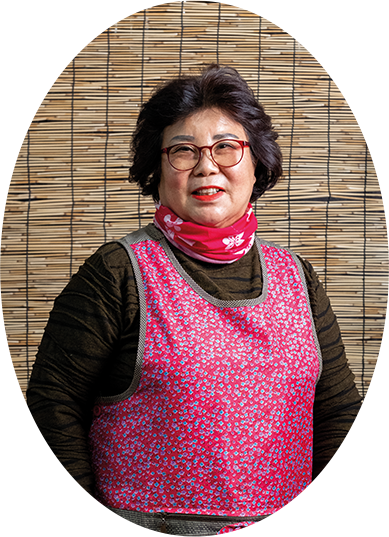
Conversation with
Jeon Soollyae
QWhat led you to start making and selling dakbal?
Poverty and (for) survival! Back in the days, chicken feet were attributed no worth: meaning they were valued at zero cents, thus distributed at no cost. It’s funny how nowadays, they are worth so much (fiscal value)! Of all the parts of a chicken, chicken feet were the leftovers anyone could afford as much as they wanted. Voila — I took that budget-friendly ingredient and took it through countless, laborious rounds of testing (out its sauce recipes). I gathered everyone I knew, made them analyze each sauce with persistence until I settled on one I had confidence in.
QAt what kind of moments does your business make you feel proud?
Oh, no one leaves leftovers of my dakbal. That’s an absolute. And while locals who become loyal customers eventually leave town, they revisit at some point or another — with their city-dwelling acquaintances or more often, children and grandchildren living abroad. Conversely, foreign visitors who’ve had a taste of it (yes, after scowling or pretending to be grossed out at first) will come back before their outbound flight for our vacuum-packaged dakbal to take home.
QHow has your daily life been, operating this eatery for the past 36 years?
What I share may be hard to visualize at this moment, given the space we’re in right now (a small venue). Prior to the coronavirus pandemic, our operations took up an entire building of stadium-like size. I was an occupant of the enormous structure that held my spacious dining hall (the store), with my literal home situated upstairs. In my waking hours I simply went downstairs to tend to the shop and proceed with my day's shift.
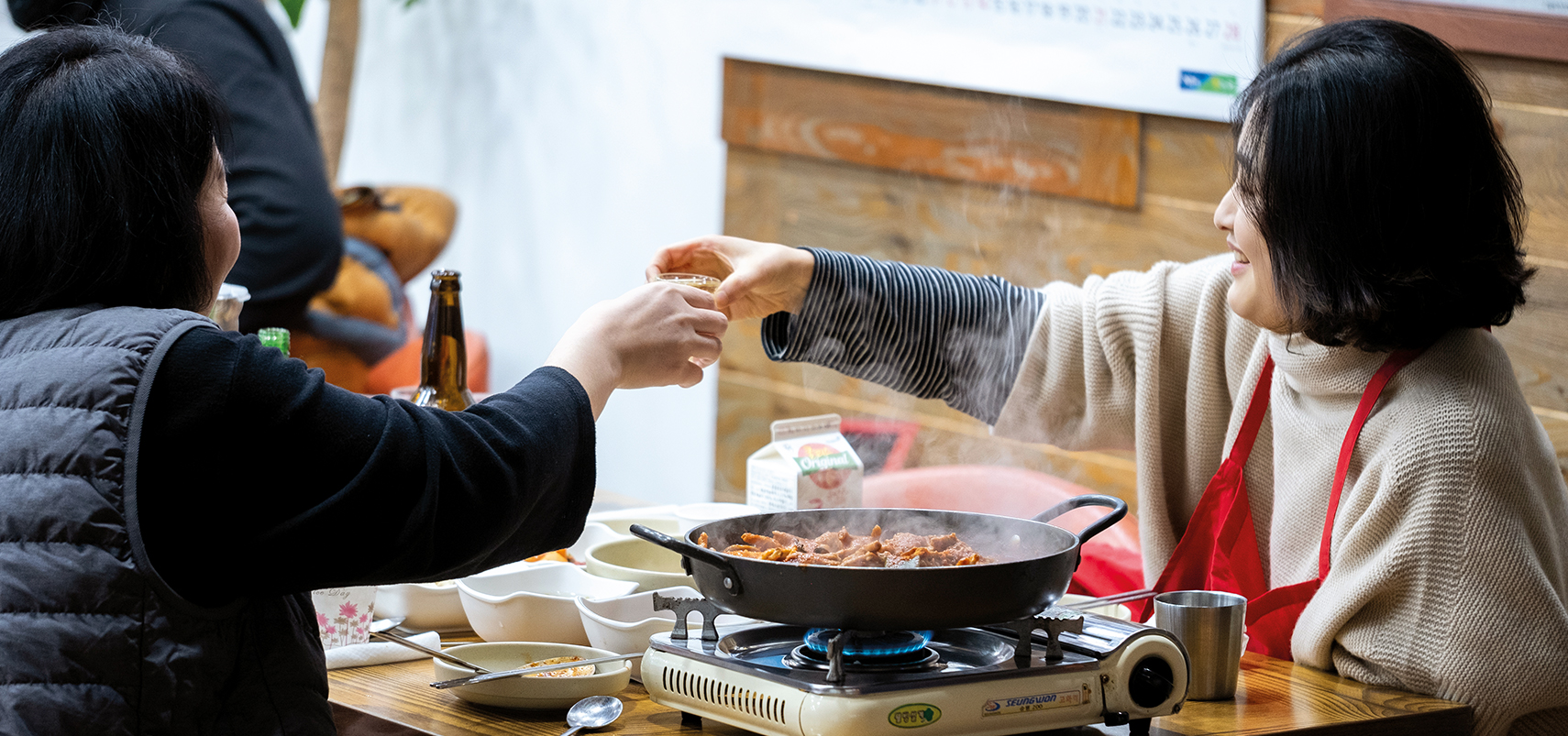 Bidding cheers over soju, beer and dakbal anju.
Bidding cheers over soju, beer and dakbal anju.